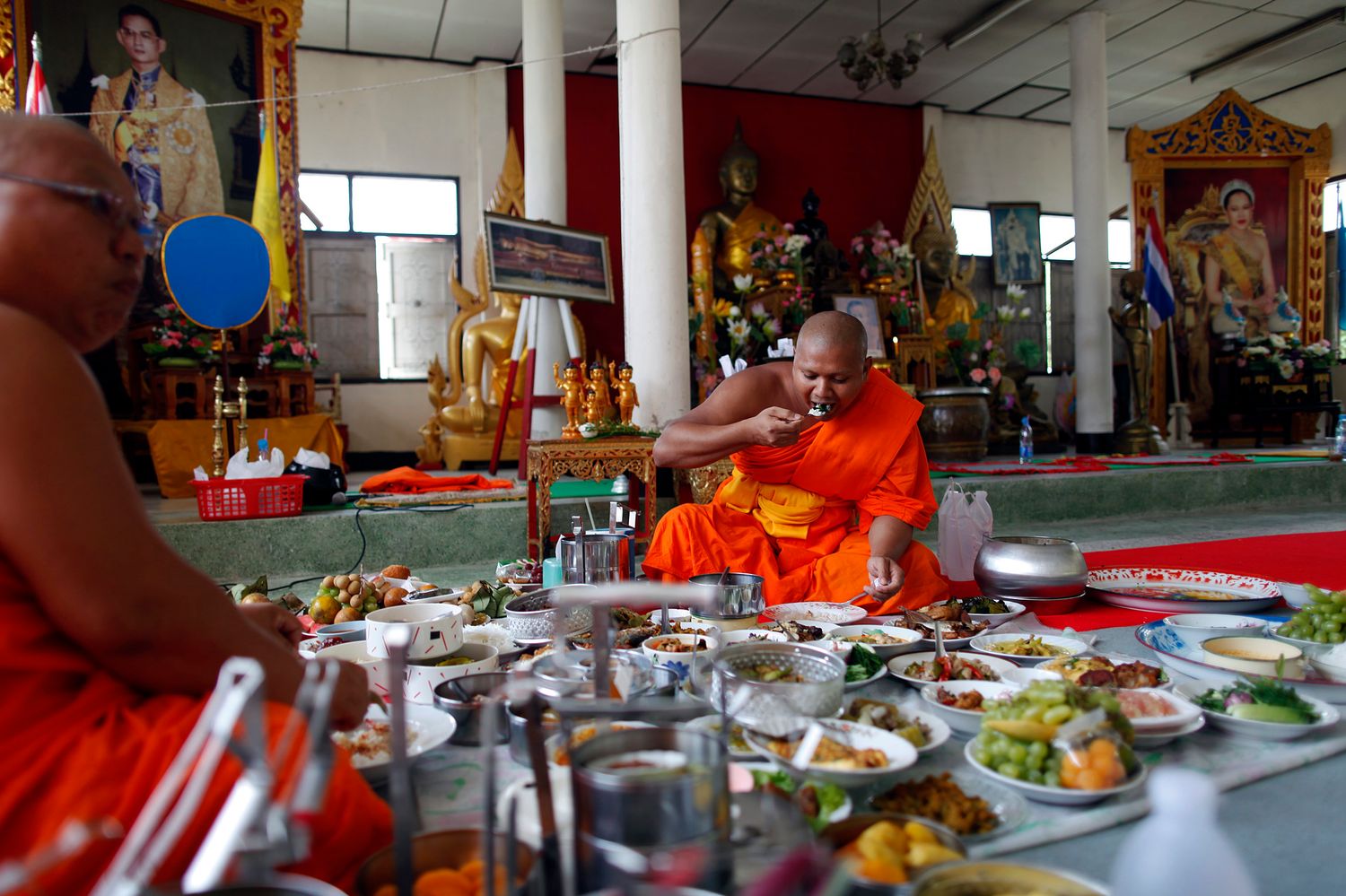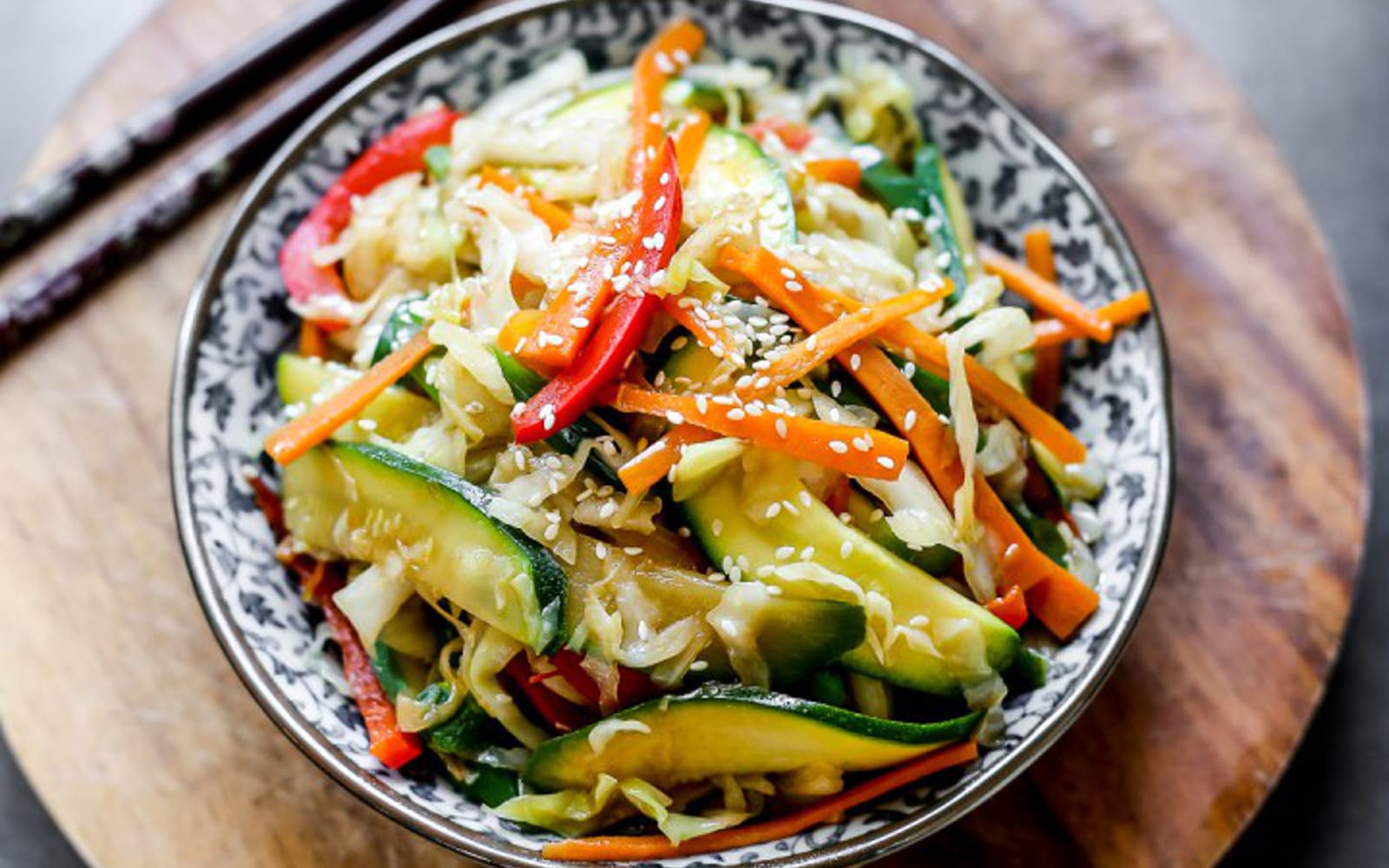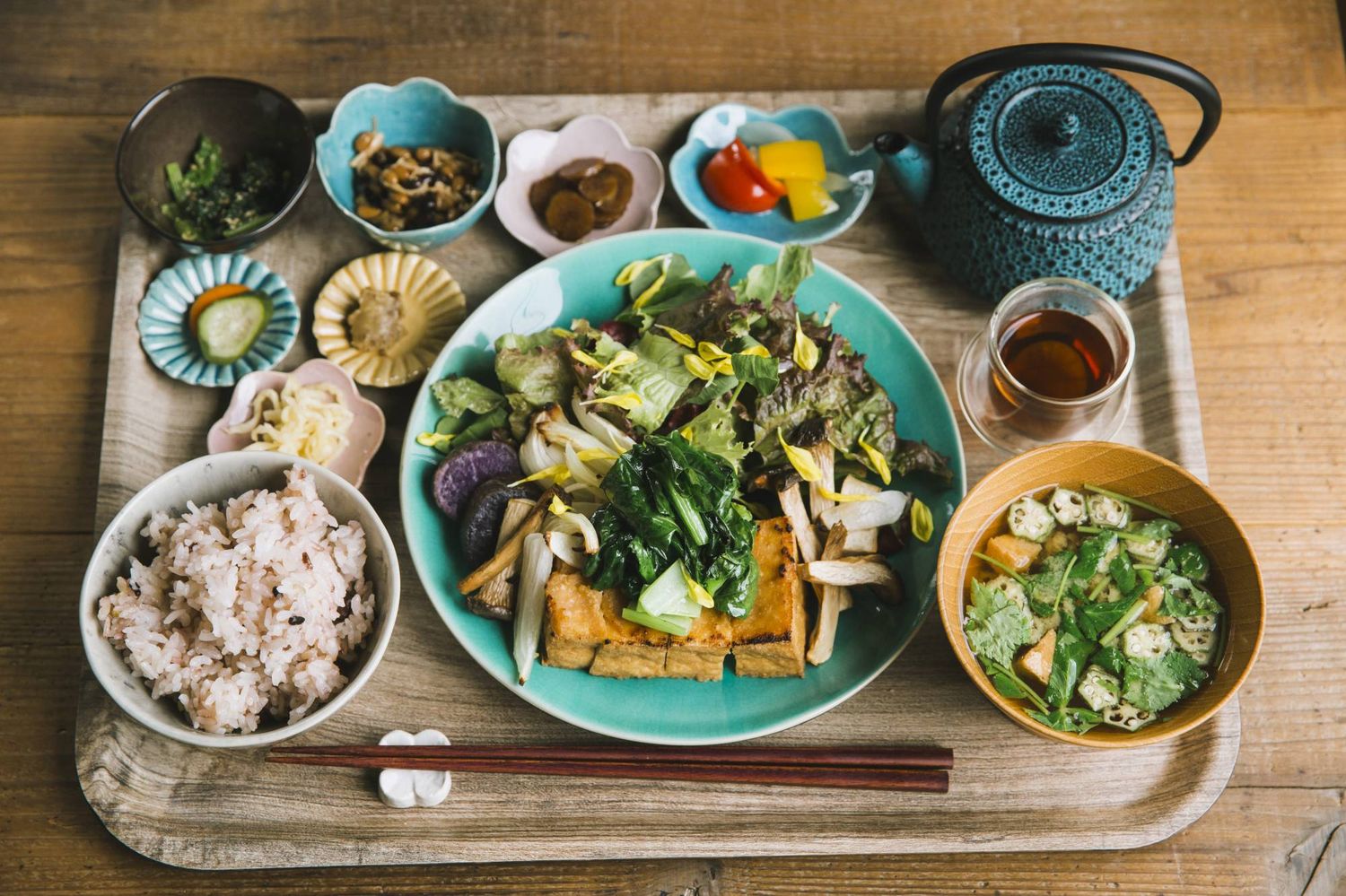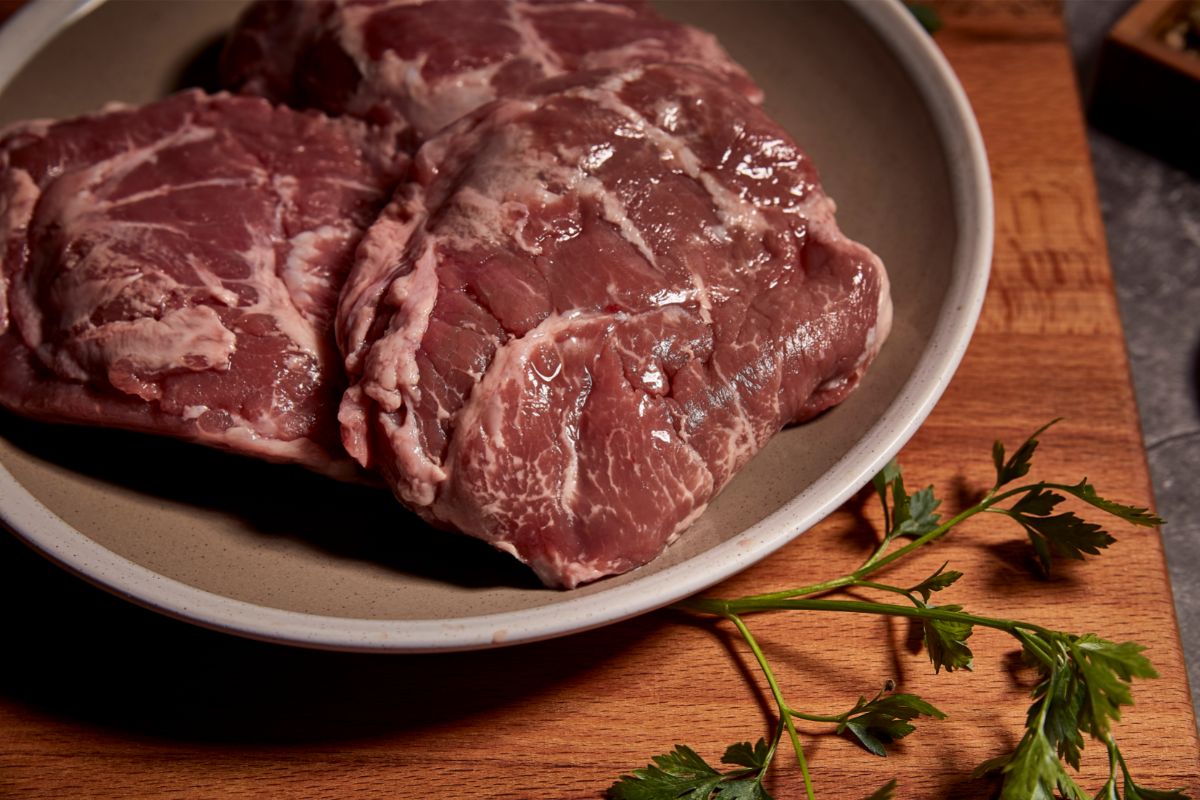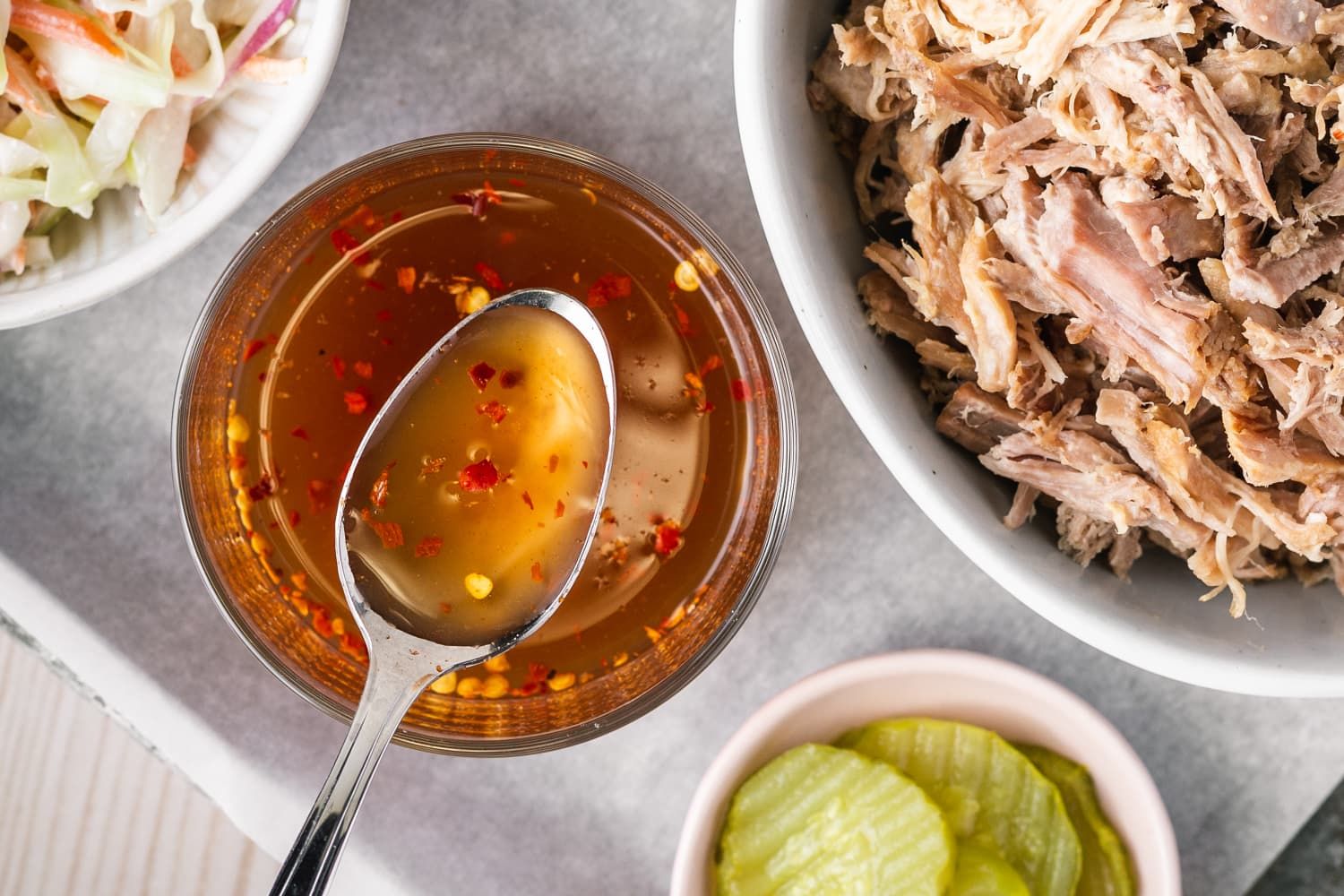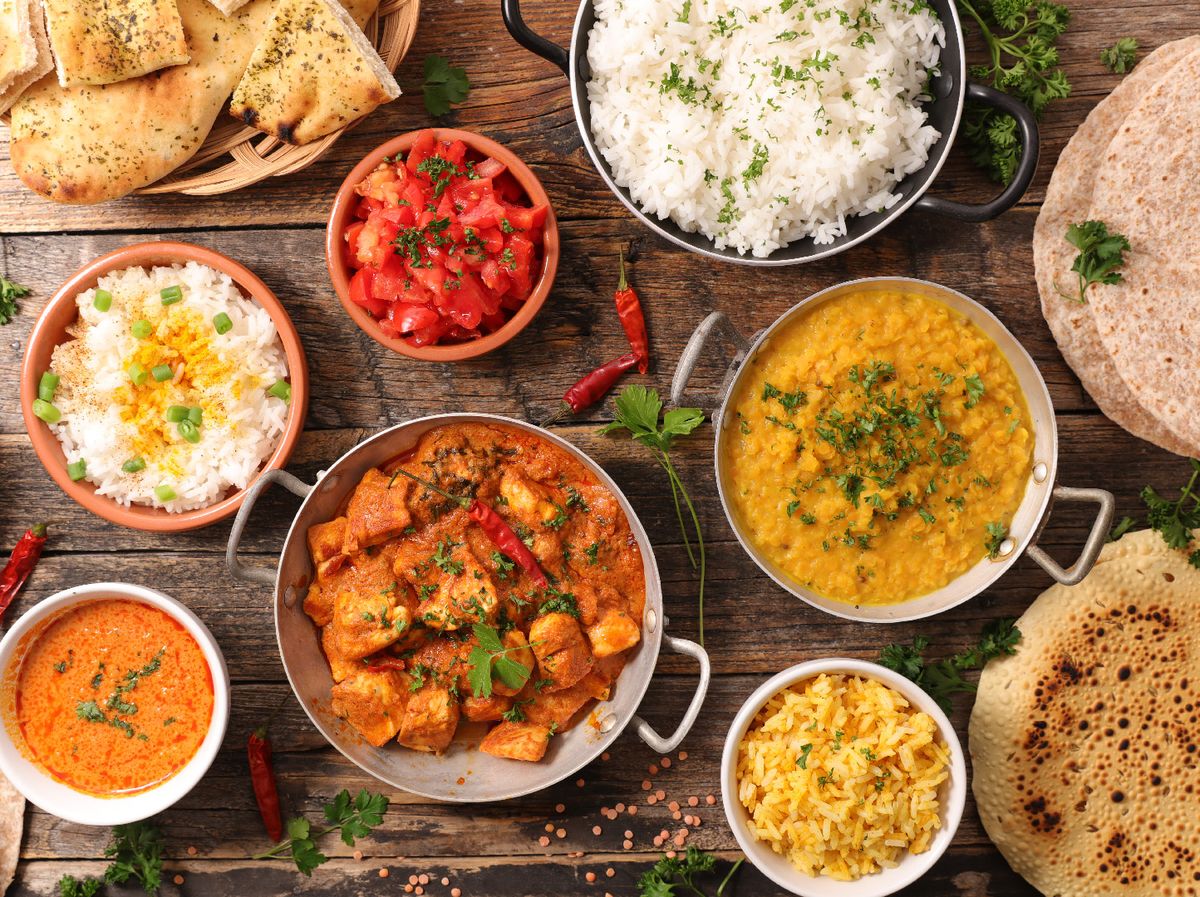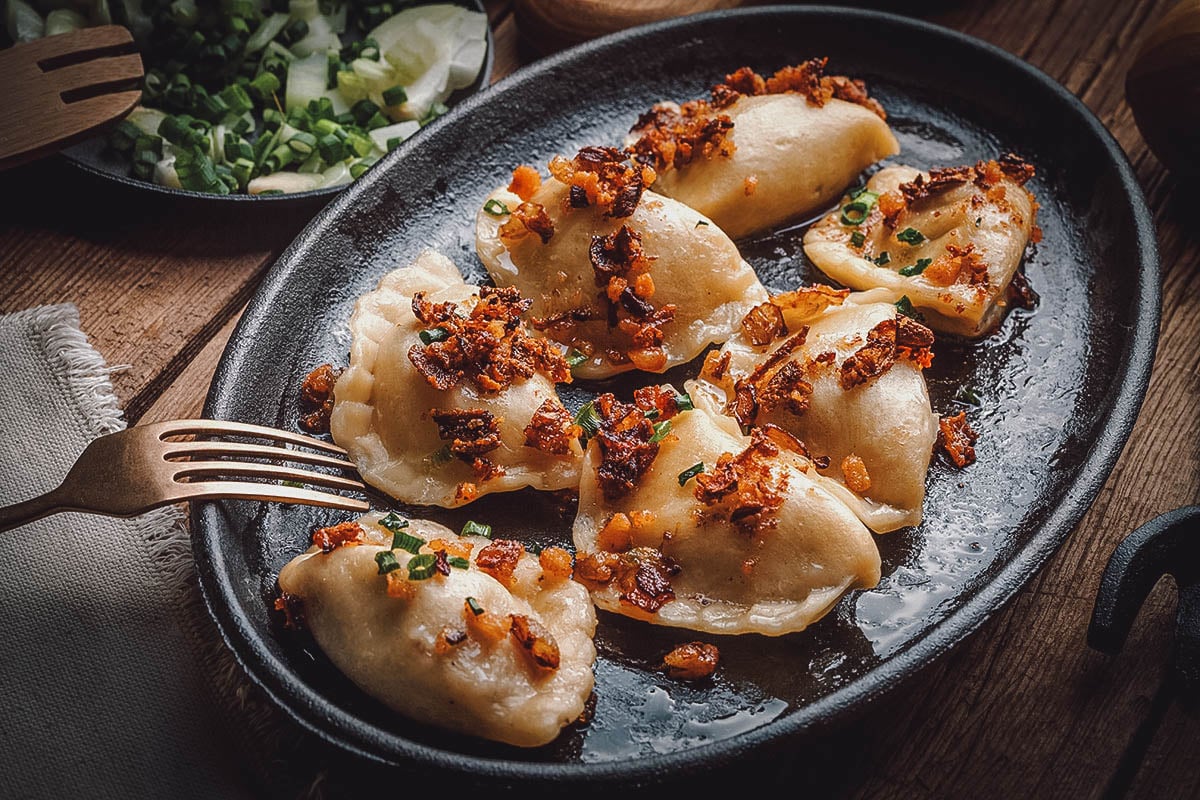How to Eat Mindfully in a Western Country
Living in a Western country can present unique challenges when it comes to maintaining a mindful and balanced approach to eating. However, by drawing inspiration from Buddhist principles, it is possible to cultivate a more mindful and intentional relationship with food. Here are some tips on how to eat like a Buddhist in a Western country:
Practice Gratitude
Before each meal, take a moment to express gratitude for the food in front of you. This simple practice can help cultivate a sense of appreciation for the nourishment the meal provides.
Embrace Mindful Eating
Instead of rushing through meals, take the time to savor each bite. Pay attention to the flavors, textures, and sensations of the food. Eating mindfully can help foster a deeper connection to the experience of nourishing your body.
Choose Whole, Plant-Based Foods
Buddhist teachings often emphasize the importance of consuming foods that promote overall well-being. In a Western country, prioritize whole, plant-based foods such as fruits, vegetables, whole grains, and legumes. These foods not only align with Buddhist principles but also offer numerous health benefits.
Avoid Wastefulness
Buddhist teachings encourage minimizing waste and being mindful of consumption. In a Western country, consider ways to reduce food waste, such as meal planning, proper storage of perishable items, and utilizing leftovers creatively.
Practice Moderation
While indulging in occasional treats is perfectly acceptable, Buddhist principles advocate for moderation and balance. In a Western country, where indulgent foods are abundant, strive to consume treats in moderation and focus on nourishing your body with wholesome foods.
Cultivate Awareness of Food Sources
Take the time to learn about the sources of your food. Whether it’s supporting local farmers or choosing ethically sourced products, being mindful of where your food comes from can align with Buddhist values of compassion and interconnectedness.
Engage in Conscious Cooking
Preparing meals can be an opportunity to practice mindfulness and intentionality. Whether cooking for yourself or others, approach the process with a sense of presence and gratitude for the nourishment the food will provide.
Embrace the Ritual of Tea
Incorporate the ritual of tea into your daily routine. Whether it’s enjoying a warm cup of green tea or engaging in a formal tea ceremony, the practice of tea can be a mindful and calming way to connect with the present moment.
Connect with Community
Food has the power to bring people together. In a Western country, seek out opportunities to share meals with others and foster a sense of community through food. Whether it’s hosting potlucks or joining community food events, cultivating connections through food can align with Buddhist principles of generosity and compassion.
By incorporating these mindful eating practices inspired by Buddhist principles, it is possible to navigate the food landscape of a Western country with intentionality and balance. Embracing gratitude, mindfulness, and a connection to the sources of our food can help us cultivate a more mindful and fulfilling relationship with what we eat.
